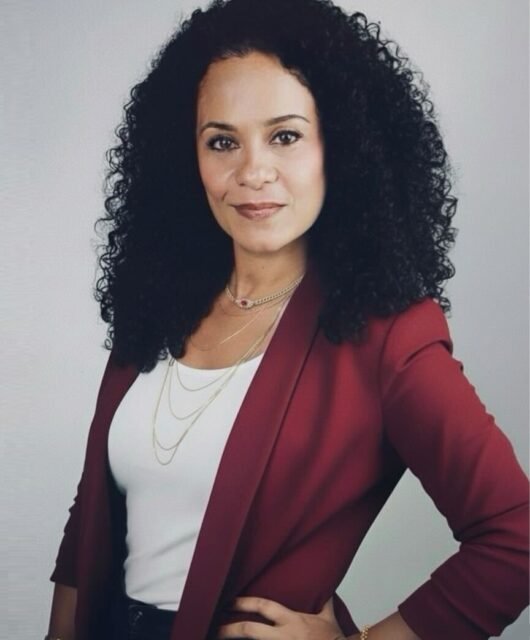This year, I am sure we will see another slate of charity work dominate the awards in the region. This does our industry a dis-service on so many levels.

Firstly and most importantly there is a moral and ethical case to answer. The exploiting of human hardship just so that you can win a shiny bit of metal is so wrong. Let’s be honest with ourselves, most of this work was never seen by a wider audience than the jury members and awards attendees. They were pieces crafted specifically with the ambition of winning an award. All shame has been put aside as winning has been deemed more important that being truthful.
Even when there has been a slither of credibility the claims of the work can be said to be questionable. For all the campaigns that I have seen that have claimed to help bring political discourse or democracy to Lebanon, one really has to ask, looking at the current plight of the country if any truly made an impression. Of course the counter- argument is that ‘at least we tried’. Which would be fair if the case study entries, then didn’t overclaim bringing peace and prosperity to a nation. The same applies to so many sensitive subjects from child abuse to women’s rights and suffering to the treatment of maids.
Are we so shallow as an industry that we accept that it’s all part of the game? Is everyone who works in our industry in the region happy to be aa part of what is in effect a ‘big lie’. When did we become so accepting of our moral compass taking us down this unacceptable path?
Even on a commercial level, as an industry in the region we suffer because of this misguided effort. Great work for commercial clients becomes squeezed out of the spotlight by heartstring pulling stories where advertising is suddenly the hero and the solution to complex social issues that other entities have struggled with for decades. A wonderful campaign to sell a tin of beans can never hope to compete with a tear-jerking campaign about re-uniting missing children.
Especially in a region where our major award show has a foreign jury, it becomes easy for them to feel guilty about rewarding commerce over charity (I have always admired D&AD for making charity a wholly separate category even if it commercially costs them). It’s easy for a foreign jury to have a ‘white savior’ complex and it’s a narrative that they and everyone who works in the industry would love to buy into. That as an industry we are more than about shifting products of shelves- we are a powerful force of social change. Its admirable when it’s true. Its deceitful when it’s a lie.
Finally, I urge our industry to wean itself from its addiction to charity award work because of the reputational damage. Not just of the advertising industry but the reputational damage to the region. I’ve been there- sitting in jury rooms across the world and the picture the award entries from the Middle East paint of the region is not a good one. From across the globe you see work that is innovative, insightful, crafted and created and then you get to the Middle East.
And not that the work isn’t any of the above, but it reinforces a cliched image to a collection of global opinion formers that this is also a region of -isms. Classism, racism, sexism – all the stereotypical prejudices that our industry should be at the forefront of confronting, but instead has become complicit in promoting.





